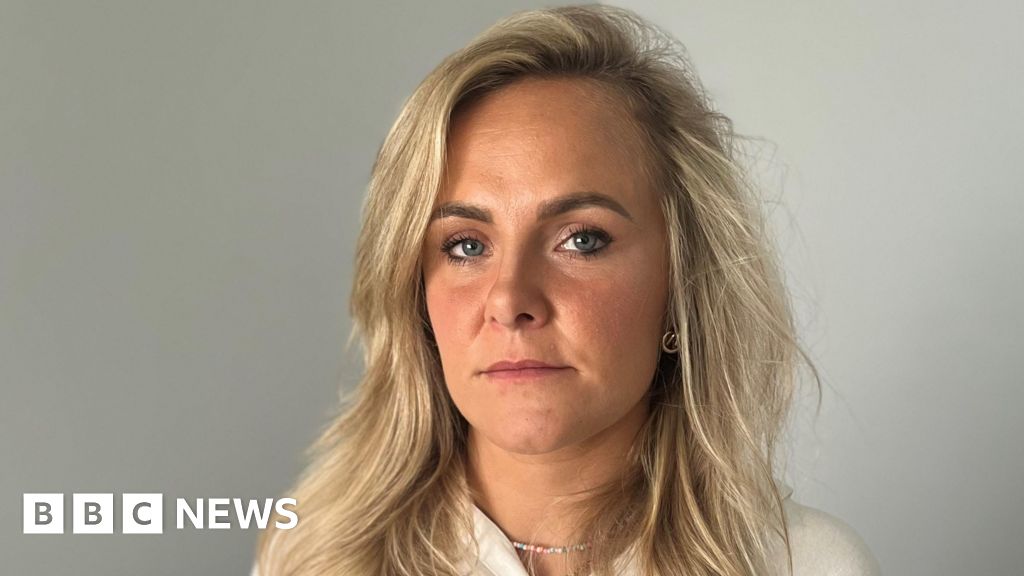
A former nurse from the Royal Belfast Hospital for Sick Children has brought to light severe staffing shortages at the Children’s Cancer Unit, an issue that has left nurses overburdened and patients at risk. Hannah Farrell, who resigned from her position in 2019, described the system as 'broken' and said it left her 'burnt out' and deeply disillusioned.
Understaffed Wards and High Pressure
Ms. Farrell revealed that the root of the problem lies in management's inability to address chronic understaffing, with roles left vacant during maternity leaves and long-term absences. This forced the ward to operate below safe staffing levels and placed immense pressure on the remaining nurses.
"When the ward went into crisis, management addressed it with a quick fix, moving nurses from other wards. However, this approach only created a domino effect of problems elsewhere," she explained.
The Emotional Toll on Nurses
During her five years at the Children's Cancer Unit, Ms. Farrell faced the emotional trauma of losing patients without receiving adequate psychological support. She paid out of pocket for counseling as the hospital did not offer such services to staff members dealing with grief. "The NHS promotes mental health care slogans like 'It's OK to not be OK,' but provides little when its nurses are actually struggling," she said.
She shared that she can still vividly recall the names and faces of 56 children who died in her care. Despite this emotional burden, no support was extended to help her cope with the trauma.
Impact on Patient Care
Specialist nurses are essential at the Children’s Cancer Unit to provide critical treatments like chemotherapy. At the time of reporting, seven out of 12 specialist cancer nurses were off work, causing delays in treatment. Earlier this year, five children experienced postponed treatment due to these staffing constraints; however, they have since received the necessary care.
Families of patients, such as David and Sara Watson, who lost their son Adam to acute myeloid leukemia, also shared their frustrations. They noted that despite having world-class clinical services, nurses often worked under severe stress, sometimes staying hours past their shifts.
The Hospital’s Response
The Belfast Health Trust has stated that it has invested significantly in service development over the past decade, including hiring more nurses and creating specialist roles. The trust thanked its staff for ensuring patient care during challenging times. However, Ms. Farrell and other stakeholders argue that these measures have been insufficient to address the systemic issues.
"The situation hasn't improved in years. Nurses are off sick not because they want to be, but because they're drained," said Ms. Farrell. Some parents of former patients echoed this sentiment, emphasizing the need for sustainable staffing solutions and better forward planning.
A Call for Change
The Department of Health acknowledged the ongoing staffing challenges but assured that efforts are being made to monitor and address the situation. However, stakeholders argue that these reassurances fall short of solving the crisis.
"This isn't a way to run a hospital," said Sara Watson, urging for forward planning to cover absences such as maternity leave. Ms. Farrell hopes that by speaking out, she can shine a light on the systemic issues pushing nurses to their breaking point.
As one of Northern Ireland's most critical healthcare facilities for children, the Children’s Cancer Unit deserves solutions that prioritize patient care and staff well-being. Without immediate action, the system risks further straining nurses and endangering patient health.





